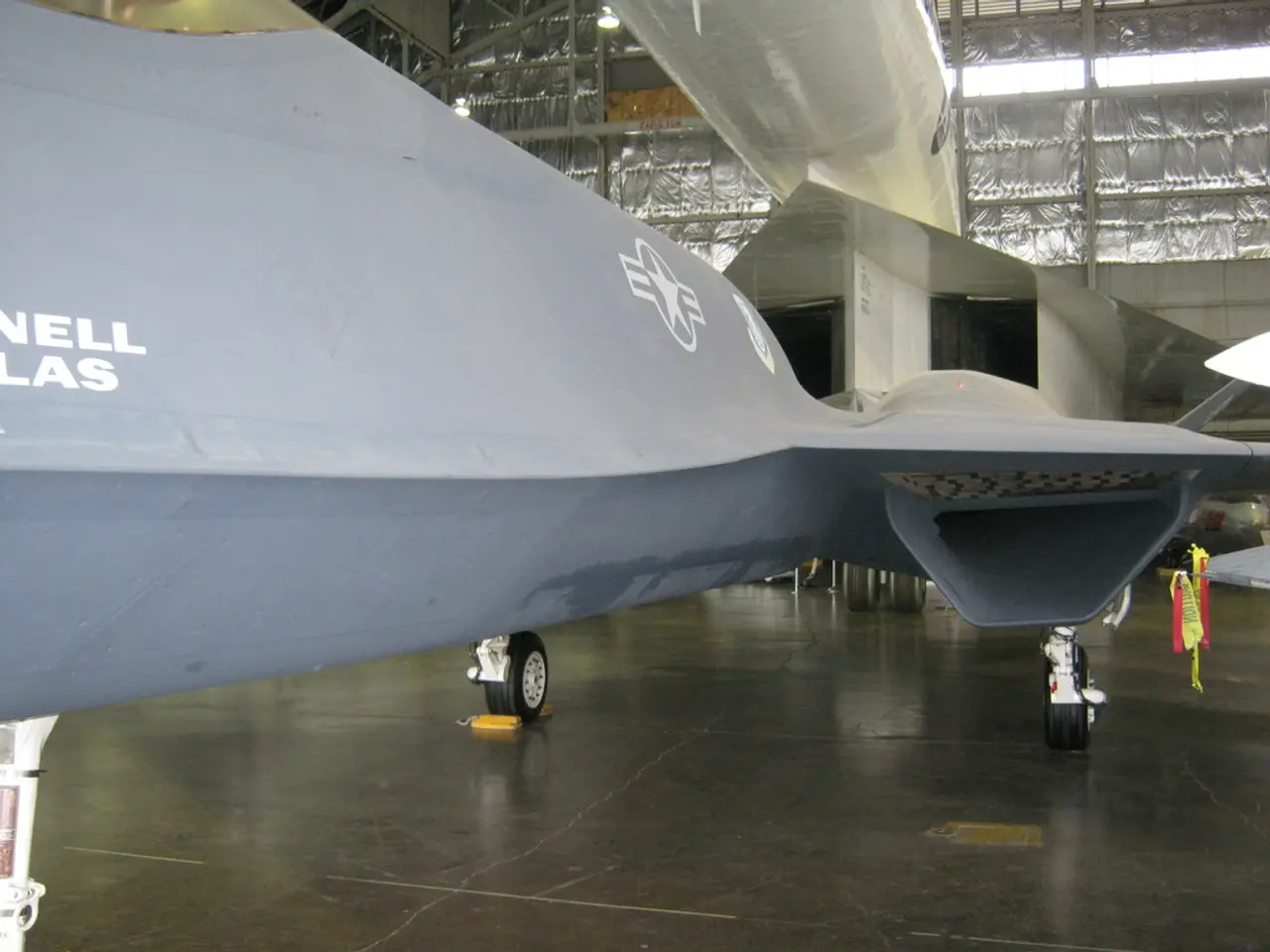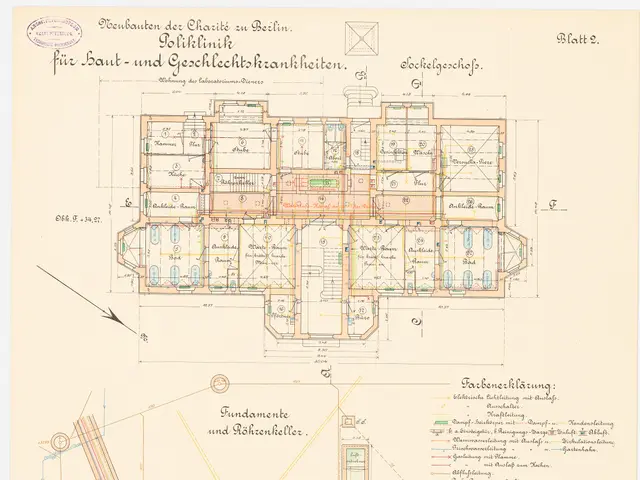Aviation sector in Germany alerts about escalating expenses - restore of flight transportation industry
In an effort to address excessive state-induced costs affecting air traffic in Europe, particularly in Germany, and support post-pandemic recovery, several measures have been implemented or proposed.
The German Air Traffic Control (DFS) has taken operational steps to better handle increased traffic loads during busy periods. This includes adjusting capacities, training personnel, and possibly optimizing flight routes and airspace management. The aim is to better prepare for high traffic times and reduce delays [1].
The European Network Operations Plan (2025) plays a central role by providing a comprehensive view to coordinate airlines, airports, air navigation service providers (ANSPs), and military operations. The plan is updated weekly, fostering coordinated network-wide actions to improve efficiency and accommodate rising traffic demand [2].
ANSPs across Europe are emphasizing disciplined flight plan adherence by pilots and controllers to optimize use of constrained airspace. This is particularly important given that European airspace is about 20% smaller since 2022 due to restrictions following the Ukraine war [3].
To reduce fragmentation and state-induced inefficiencies, the long-proposed Single European Sky initiative aims to harmonize air traffic management across European countries. Though progress is slow and complex due to national negotiations, this would increase efficiency and reduce costs [4].
Beyond immediate operational tweaks, investment in modern air traffic management technologies and accelerated recruitment and training of controllers are necessary to handle increasing traffic volumes safely and efficiently [2][4].
However, concerns have been raised about the lack of relief from taxes and charges for flights departing from Germany. The federal government's coalition agreement did not provide for any such relief, and the draft budget for the year 2026 does not contain any either [5].
The increase in air traffic tax, which was scheduled from May 2024, was not reversed in the provided draft budget. The reversal of this increase was expected to be a first signal for airlines to return [6].
The President of the Federal Association of German Air Traffic, Jens Bischof, has urged the federal government to prioritize addressing the crisis of the German air traffic location. He stated that it's high time to intervene [7].
Passenger numbers at German airports are 15.8% below the 2019 level, at 99.4 million. The association attributes this development to rising costs [8]. This year, the burden on the German air traffic location due to state-induced costs is expected to increase by around 1.1 billion euros, totaling around 4.4 billion euros [9].
The Federal Association of German Air Traffic (BDL) has expressed concerns about excessive state-induced costs. In the first half of 2025, air traffic recovery in Germany has nearly stalled [10]. Germany ranks 28th out of 31 European countries in the recovery of air traffic after Corona, with airlines withdrawing their aircraft and deploying them in other European countries with a competitive cost level [11].
Bischof's statements imply a call for the federal government to intervene and provide relief to the airline industry. He expressed that it's not too late for Germany, as the number one economic nation, to achieve a top position in air traffic connectivity again [12]. The lack of relief from taxes and charges in the draft budget may further deter airlines from operating in Germany, and intervention could help Germany regain its top position in air traffic connectivity [13].
The federal government's decision to not provide relief from taxes and charges for flights departing from Germany may hinder the recovery of the domestic aerospace industry and finance sector. Investment in modern air traffic management technologies and personnel training, as proposed by the Single European Sky initiative, could potentially reduce state-induced inefficiencies and costs, supporting businesses within the industry.








